Empowering Rwanda’s Women Farmers: The Need for Holistic Support in the Face of Climate Change
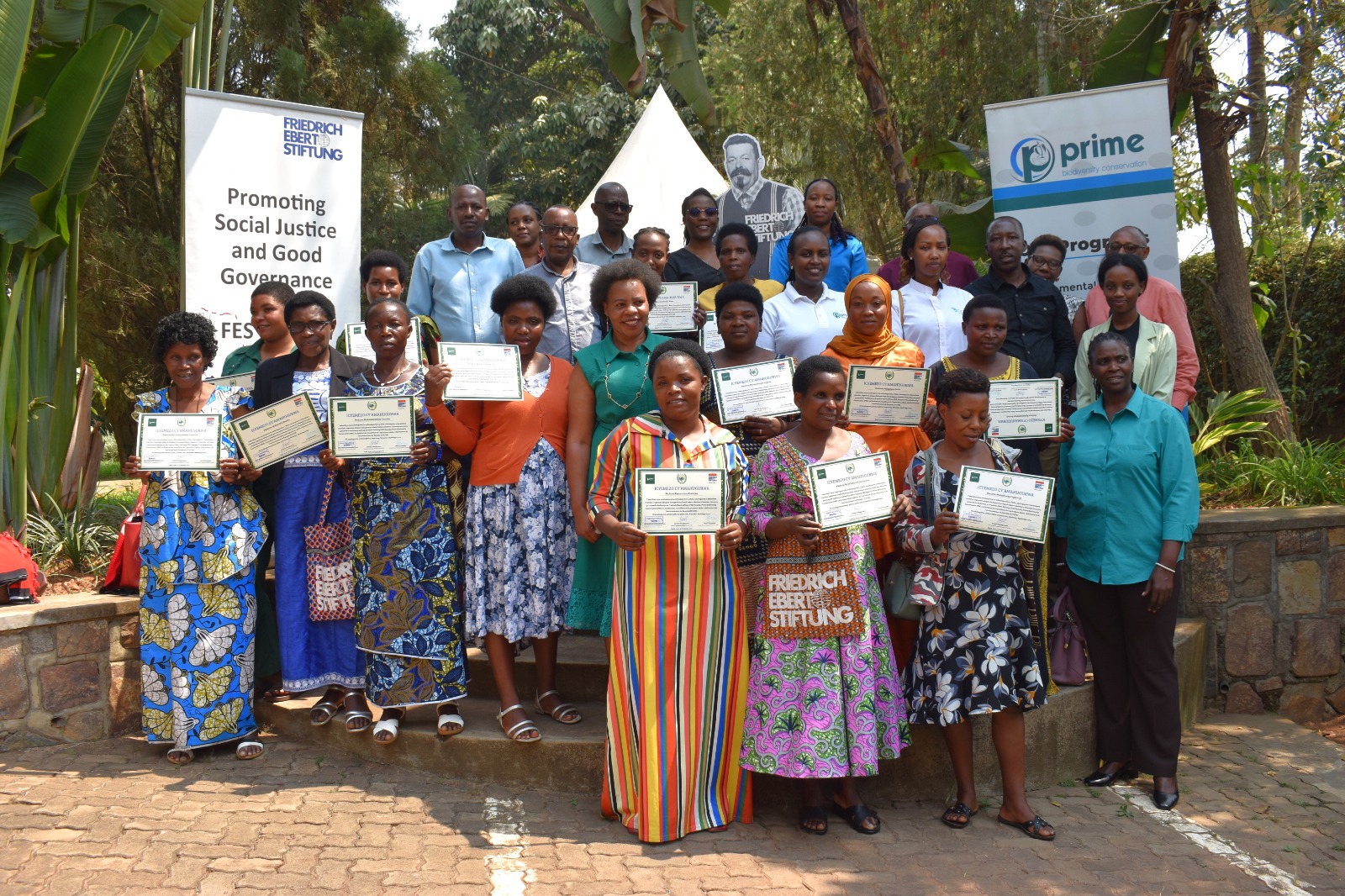
Climate change impacts everyone, but in Rwanda, women farmers and fisherwomen, especially in flood-prone areas, bear a significant burden as devastating floods destroy their crops. These resilient women, whose livelihoods are directly affected by erratic weather patterns, need unwavering support from a wide range of stakeholders – government institutions such as RAB and civil society to the community and household levels.
Friedrich-Ebert-Stiftung (FES) recently organized recent four-month training program on climate change and its impact on the agriculture and fishing sectors has empowered many women from three rural districts of Rwanda-Karongi, Rubavu and Rutsiro. One of these farmers is Nyirasinamenye Rachel from Rutsiro District. She shared that environmental hazards impact their farming systems and strain families financially, making it difficult for farmers to earn good margins and repay bank loans. This often leads to issues of hunger and malnutrition for farming families.
“The primary impact of climate change on us is flooding,” Nyirasinamenye explained. “Floods damage our crops, and when we can’t repay our bank loans, it causes conflicts within household members. As women, we need our spouses to be patient, to work with us, and to help shoulder these burdens. Their support is crucial in overcoming these challenges instead of creating further conflicts.” It was reported that climate crises exacerbate tensions among partners and lead to gender-based violence against these women and those they represent.
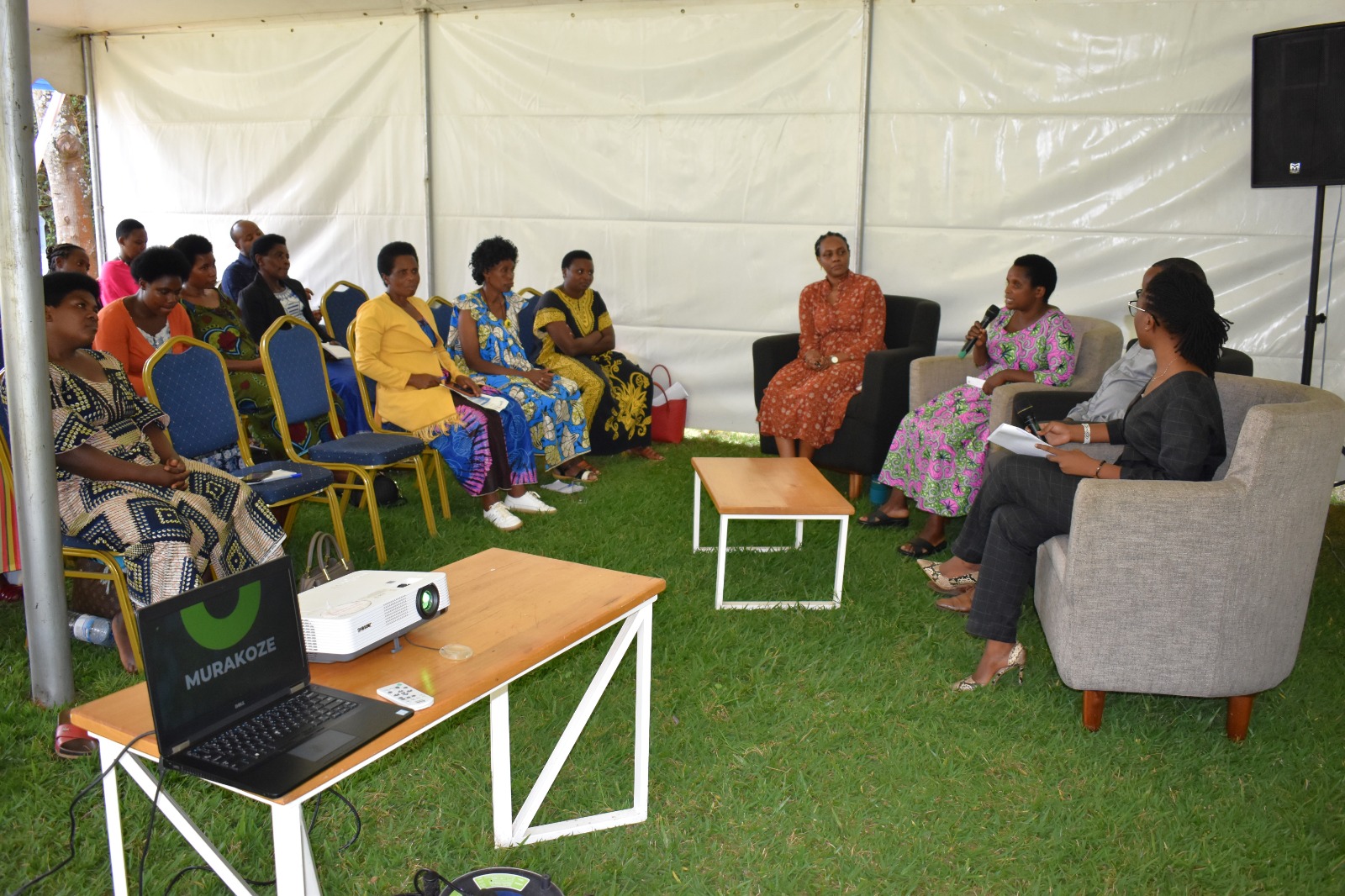
The trainings hosted by FES in collaboration with Prime Biodiversity Conservation and STAVER (The Union of Agriculture, Fisheries, Veterinary, and Environmental Workers of Rwanda) provided valuable insights into the causes of climate-induced calamities. The women learned practical strategies, such as integrating trees with crops to prevent withering and ensure a healthier environment. They are now eager to share this knowledge with fellow farmers who couldn’t participate in the program.
These women also expressed a desire to connect with the Business Development Fund (BDF) to secure easier access to loans and to find resources for water reservoirs, crucial for storing water during the rainy season for use in dry periods.
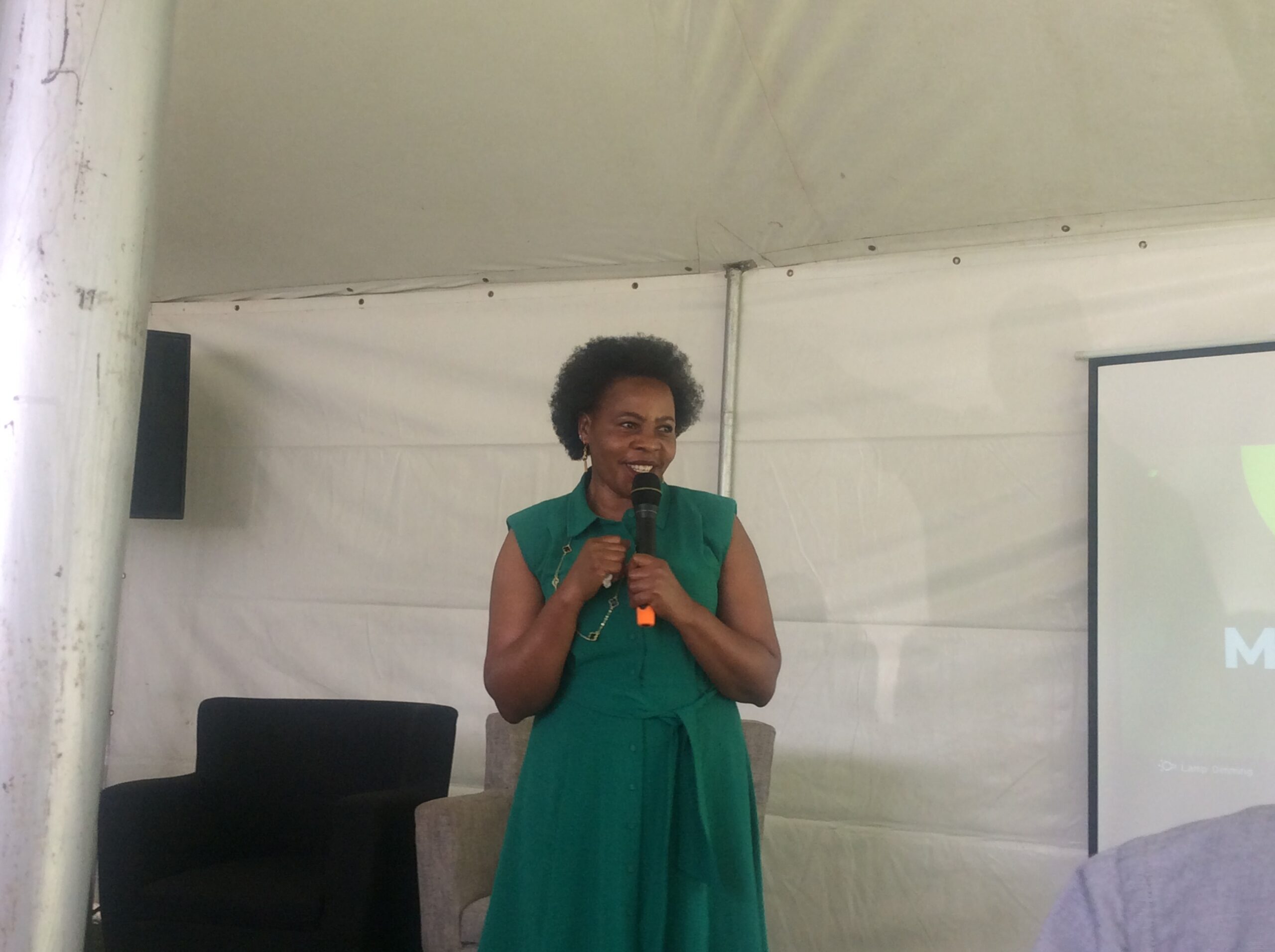
Marie Salvatrice Musabyeyezu, Program Manager at FES, emphasized the organization’s commitment to supporting these women. “Women are disproportionately affected by climate change,” she noted. “Our program aims to equip them with improved agricultural techniques and solutions to enhance their productivity and sustain their families.”
FES is actively working to connect these women with partners and institutions that can provide the necessary support, such as BDF. The program, which began in the flood-affected of the Western Province will expand to the Eastern Province, where the impacts of global warming are increasingly felt.
As these women continue to navigate the challenges posed by climate change, the support of various stakeholders and the broader community will be instrumental in fostering resilience and sustainable livelihoods.
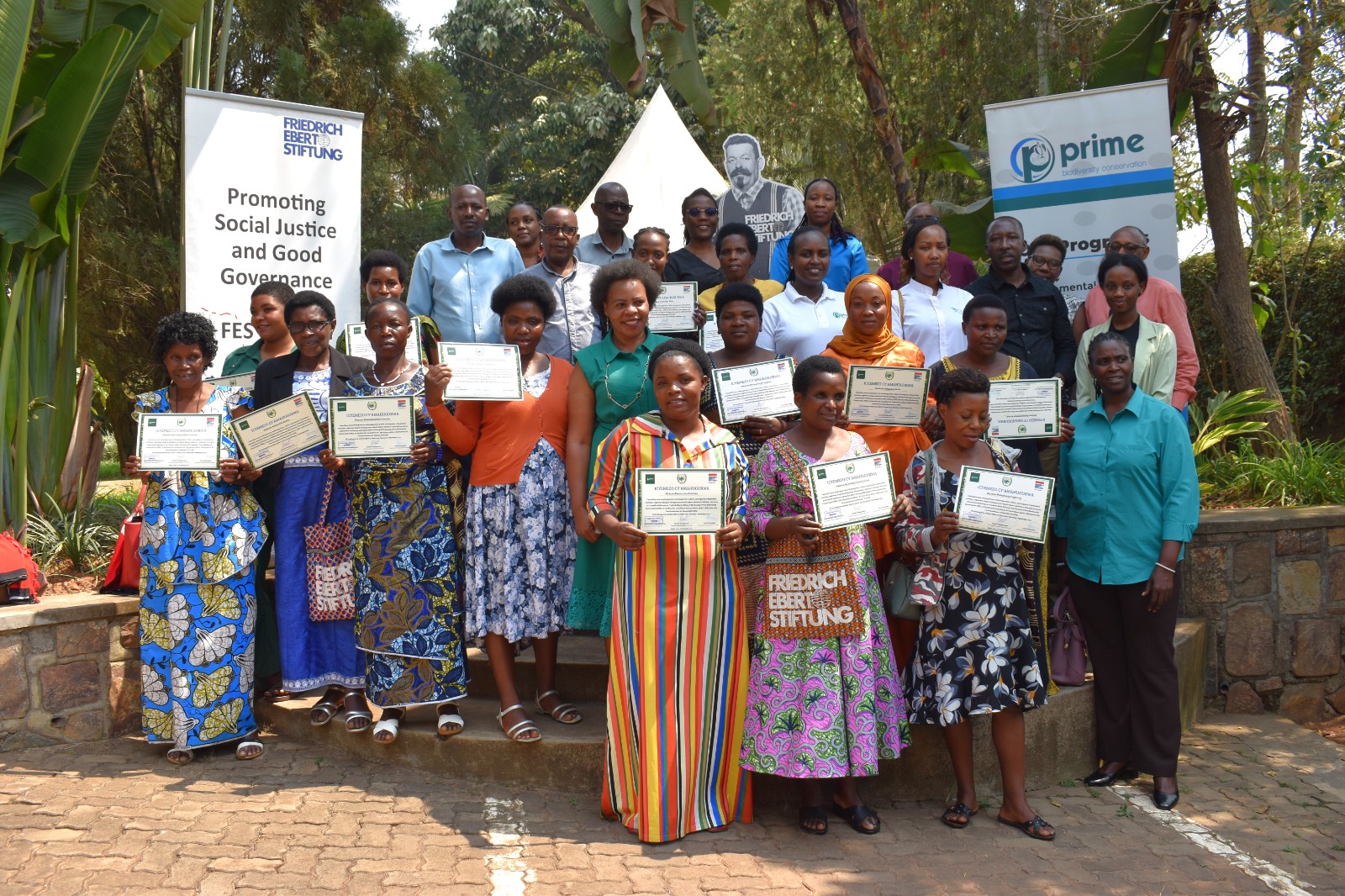
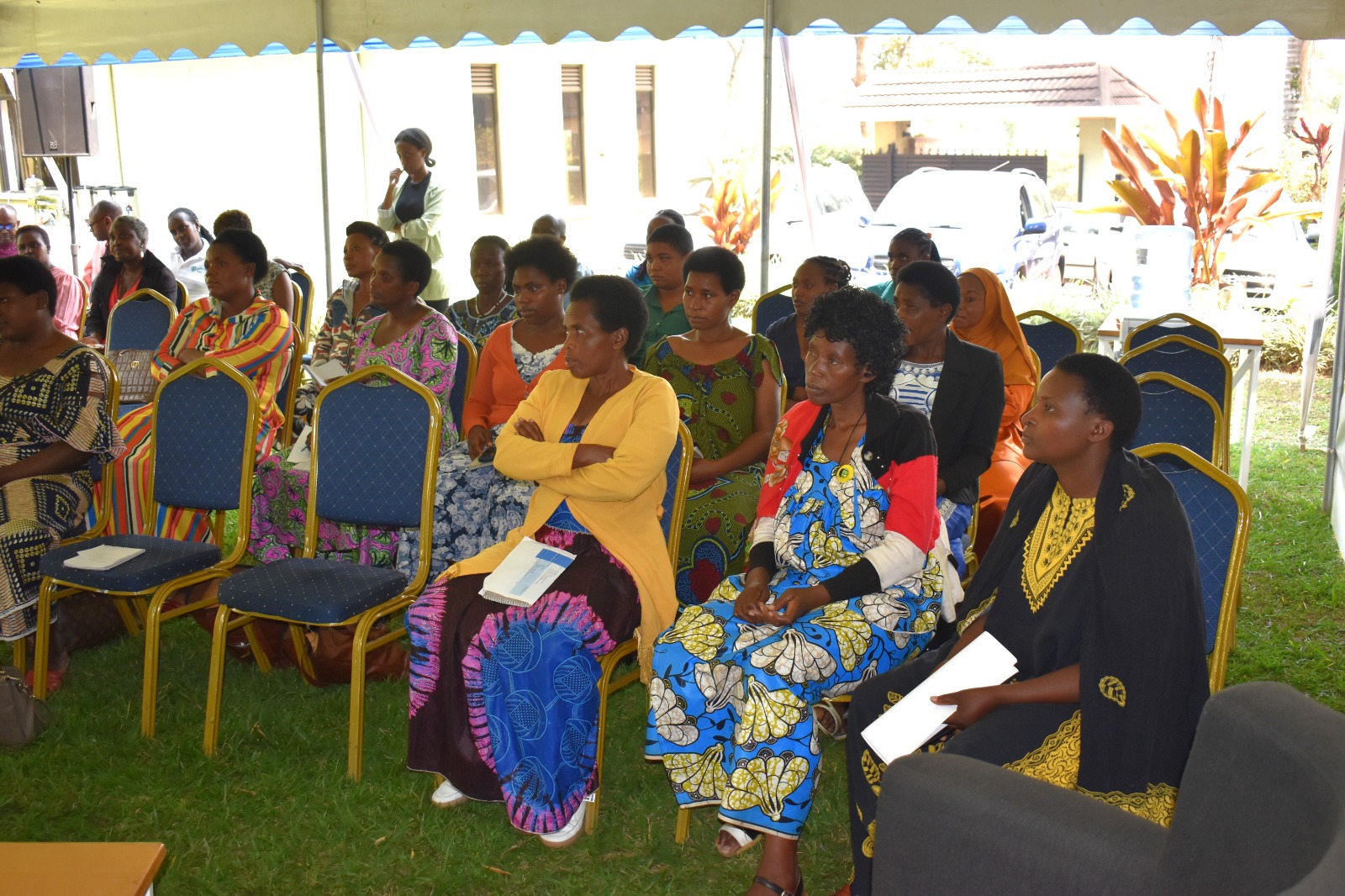
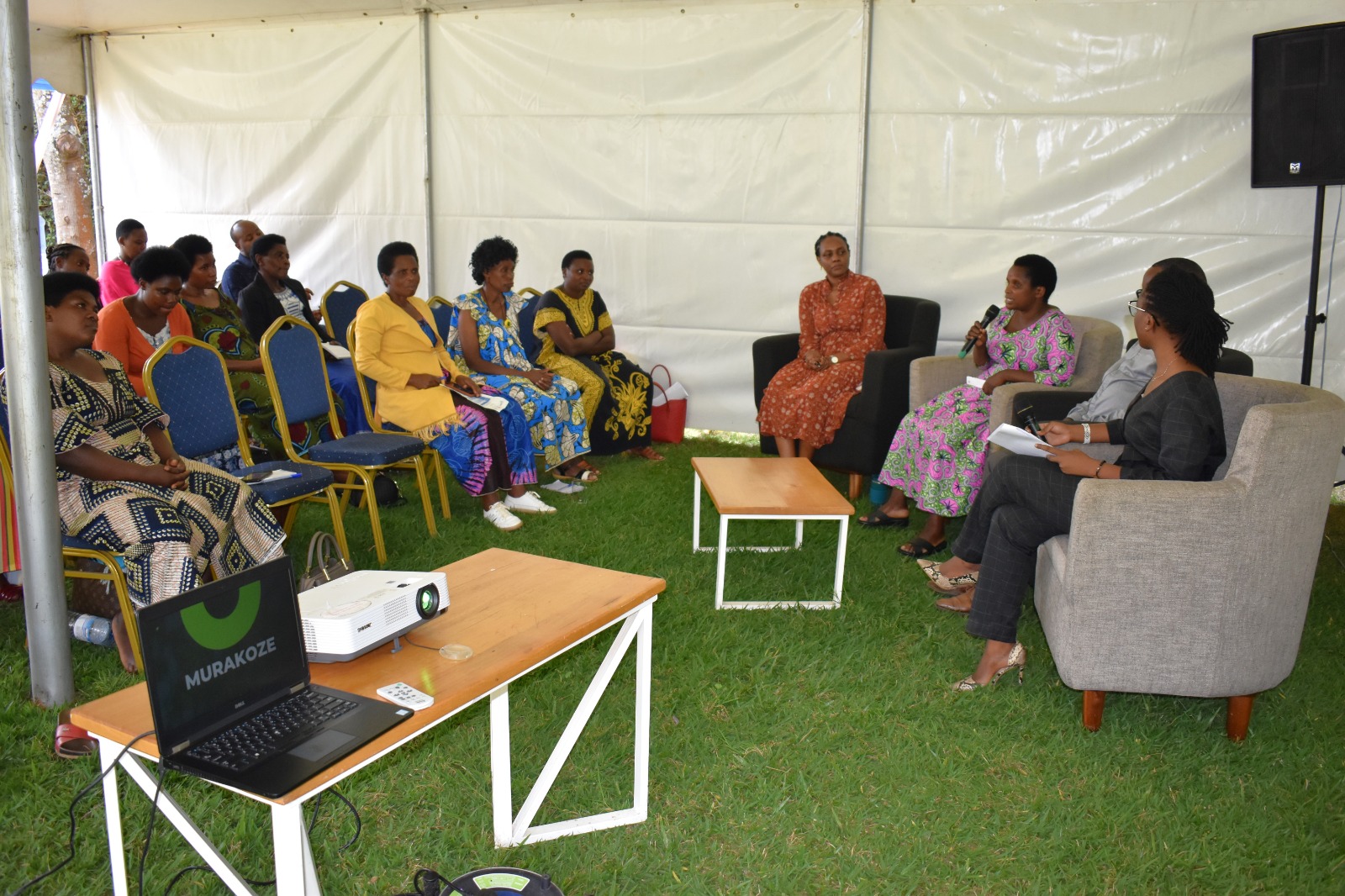
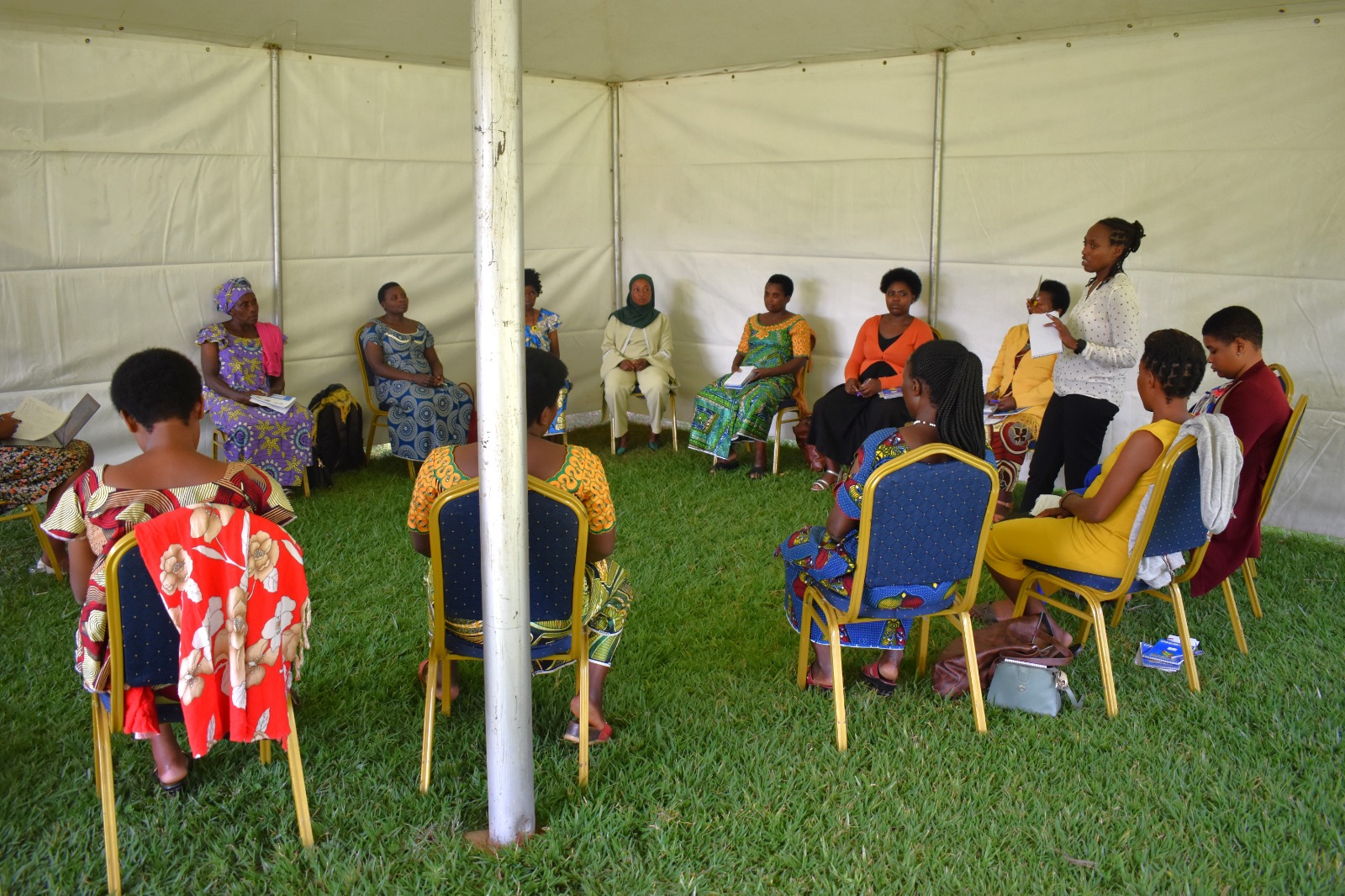
Story: FES
Related Articles
Strengthening Rwanda’s SMEs for Circular Food Systems: Embedding Circularity Beyond Project Implementation for Long-Term Transformation
As Rwanda advances its circular economy ambitions, small and medium-sized enterprises (SMEs)...
Powering Food, Restoring Land: How Renewable Energy and Regenerative Agriculture Are Transforming Rwanda’s Farms
Across Rwanda’s rolling hills, a quiet revolution is underway. It begins in...
Late February Weather Alert: Heavy and Above-Average Rainfall Forecast Across Rwanda
The Ministry in charge of Disaster Management (MINEMA) has issued a weather...
GBOX Launches AI Literacy Initiative to Support Rwanda’s Digital and Sustainable Development
A new Artificial Intelligence (AI) literacy program has been introduced last week...





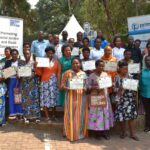



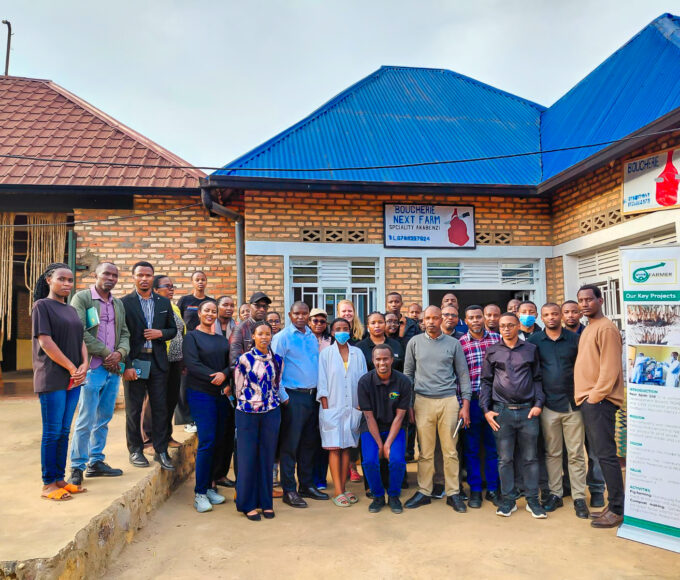

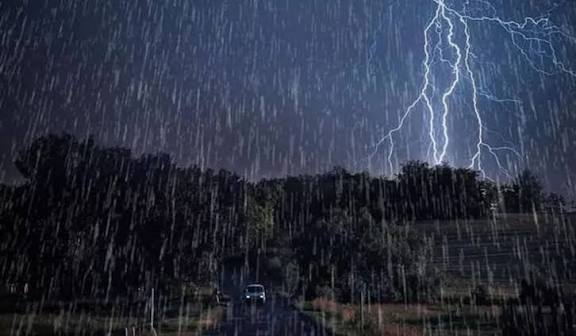
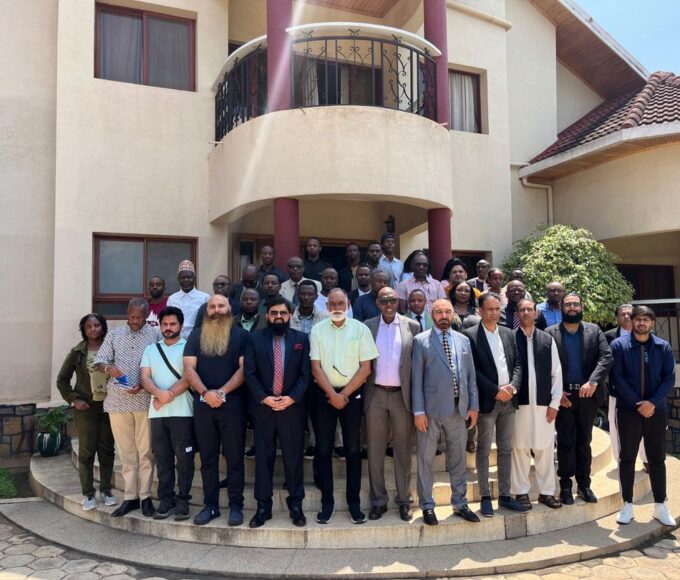
Leave a comment